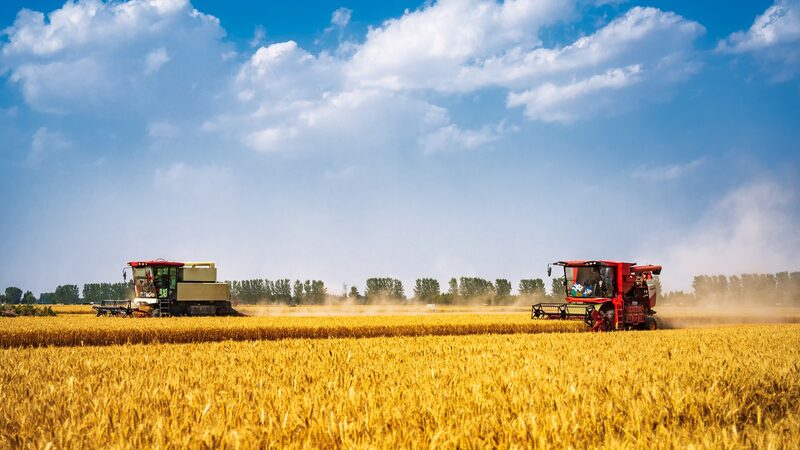Move over, CO₂—nitrous oxide (N₂O) is the stealthy greenhouse gas sneaking out of farm soils and warming the planet 265x faster. But scientists just found a quirky hero: Cloacibacterium sp. CB-01, a bacteria that devours N₂O emissions like a midnight snack 🦠✨.
In a Nature study, researchers revealed this naturally occurring microbe slashed N₂O emissions by 94% after fertilizer application in field trials. Best part? It plays nice with other soil microbes and could be added to manure-based fertilizers—something many farmers already use. 💡🌾
\"This opens up new possibilities for bioengineering farmed soil,\"
said lead researcher Lars Bakken. The bacteria, sourced from machines that turn cow waste into biofuel, isn’t genetically modified, making it a green-light solution for eco-conscious farms.
While the tech could hit fields in 3–4 years, there’s a catch: farmers aren’t paid to curb emissions. Bakken urges policymakers to create incentives: \"The authorities need to make this profitable.\" 🌍💸
Experts like Purdue’s Lori Hoagland call the discovery \"tremendous\" but stress more testing across global soil types. Still, with agriculture responsible for 6% of U.S. emissions, this bacteria might just be the climate hack we’ve been missing.
Reference(s):
Researchers find organism that can reduce nitrous oxide in farms
cgtn.com





